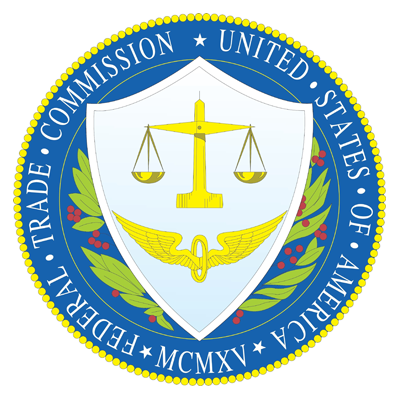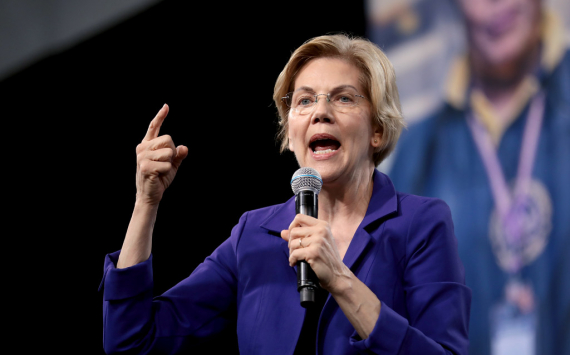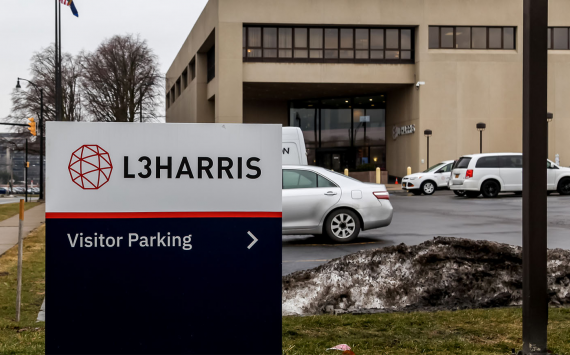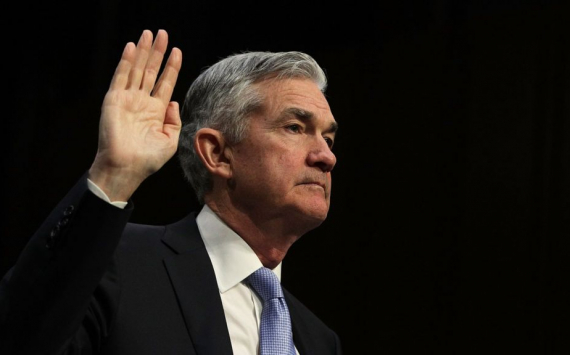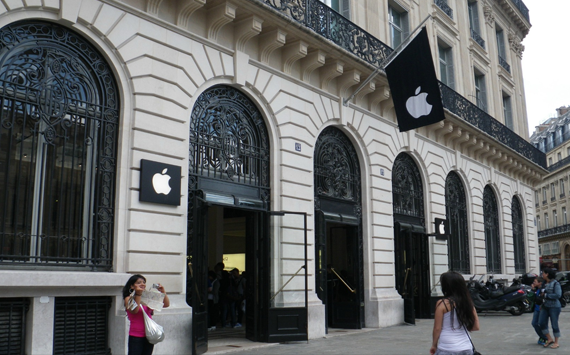Description
The Federal Trade Commission (FTC) is an independent agency of the United States government whose principal mission is the enforcement of civil (non-criminal) U.S. antitrust law and the promotion of consumer protection. The FTC shares jurisdiction over federal civil antitrust enforcement in the United States with the Antitrust Division of the U.S. Department of Justice. It is headquartered in the Federal Trade Commission Building in Washington, DC.
The FTC was established in 1914 with the passage of the Federal Trade Commission Act. Signed into law by President Woodrow Wilson, who was a strong proponent of it, the Federal Trade Commission Act was a major response to 19th-century monopolistic trusts. Trusts and trust-busting were significant political concerns during the Progressive Era. Since its inception, the FTC has enforced the provisions of the Clayton Act, a key antitrust statute, as well as the provisions of the FTC Act, 15 U.S.C. Over time, the FTC has been delegated with the enforcement of additional business regulation statutes and has promulgated a number of regulations (codified in Title 16 of the Code of Federal Regulations). The broad statutory authority granted to the FTC provides it with more surveillance and monitoring abilities than it actually uses.
Legislative development
Following the Supreme Court decisions against Standard Oil and American Tobacco in May 1911, the first version of a bill to establish a commission to regulate interstate trade was introduced on January 25, 1912, by Oklahoma congressman Dick Thompson Morgan. He would make the first speech on the House floor advocating its creation on February 21, 1912. Though the initial bill did not pass, the questions of trusts and antitrust dominated the 1912 election. Most political party platforms in 1912 endorsed the establishment of a federal trade commission with its regulatory powers placed in the hands of an administrative board, as an alternative to functions previously and necessarily exercised so slowly through the courts.
With the 1912 presidential election decided in favor of the Democrats and Woodrow Wilson, Morgan reintroduced a slightly amended version of his bill during the April 1913 special session. The national debate culminated in Wilson's signing of the FTC Act on September 26, 1914, with additional tightening of regulations in the Clayton Antitrust Act three weeks later. The new Federal Trade Commission would absorb the staff and duties of Bureau of Corporations, previously established under the Department of Commerce and Labor in 1903. The FTC could additionally challenge "unfair methods of competition" and enforce the Clayton Act's more specific prohibitions against certain price discrimination, vertical arrangements, interlocking directorates, and stock acquisitions.


